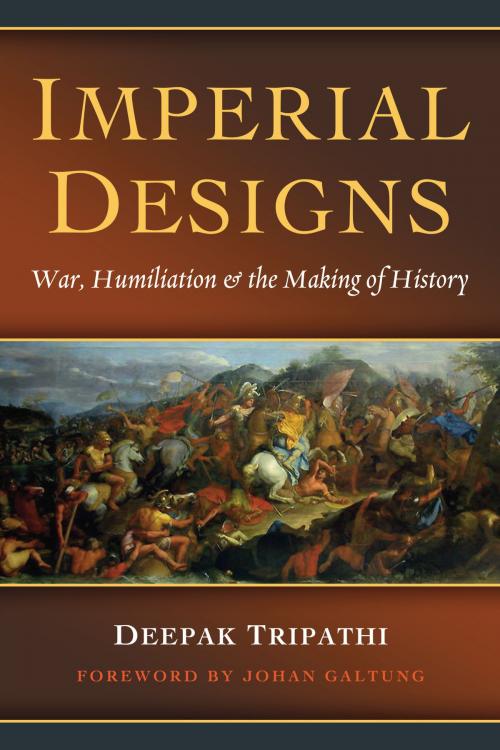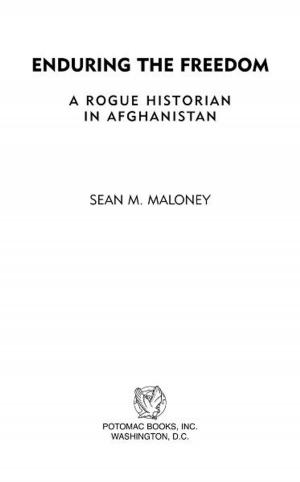| Author: | Deepak Tripathi | ISBN: | 9781612346250 |
| Publisher: | Potomac Books Inc. | Publication: | April 30, 2013 |
| Imprint: | Language: | English |
| Author: | Deepak Tripathi |
| ISBN: | 9781612346250 |
| Publisher: | Potomac Books Inc. |
| Publication: | April 30, 2013 |
| Imprint: | |
| Language: | English |
Since the age of Alexander the Great, waves of foreign armies have invaded the Middle East and South Asia to plunder their vast treasures. In Imperial Designs, Deepak Tripathi offers a powerful and unique analysis of how this volatile region has endured the manipulation and humiliation of war, especially since World War I and the fall of the Ottoman Empire. He argues that these foreign invasions and the consequent ignominy of the defeated peoples of the regions have had far reaching consequences.
Over the centuries, again and again, the conquered peoples have been left helpless, their shame on display. The victims' collective frustration has strengthened their will to resist and avenge the wrongs done to them—all according to their own values and in their own time. Displaying a keen awareness of Middle Eastern and South Asian cultures, Tripathi argues that this enduring theme resonates throughout the region's history and informs the present. Referring to declassified official documents and scholarly works, this book should be read by scholars, policymakers, and concerned citizens, for it tells us how the shame of defeat radicalizes nations and societies and often makes future conflict inevitable.
Since the age of Alexander the Great, waves of foreign armies have invaded the Middle East and South Asia to plunder their vast treasures. In Imperial Designs, Deepak Tripathi offers a powerful and unique analysis of how this volatile region has endured the manipulation and humiliation of war, especially since World War I and the fall of the Ottoman Empire. He argues that these foreign invasions and the consequent ignominy of the defeated peoples of the regions have had far reaching consequences.
Over the centuries, again and again, the conquered peoples have been left helpless, their shame on display. The victims' collective frustration has strengthened their will to resist and avenge the wrongs done to them—all according to their own values and in their own time. Displaying a keen awareness of Middle Eastern and South Asian cultures, Tripathi argues that this enduring theme resonates throughout the region's history and informs the present. Referring to declassified official documents and scholarly works, this book should be read by scholars, policymakers, and concerned citizens, for it tells us how the shame of defeat radicalizes nations and societies and often makes future conflict inevitable.















